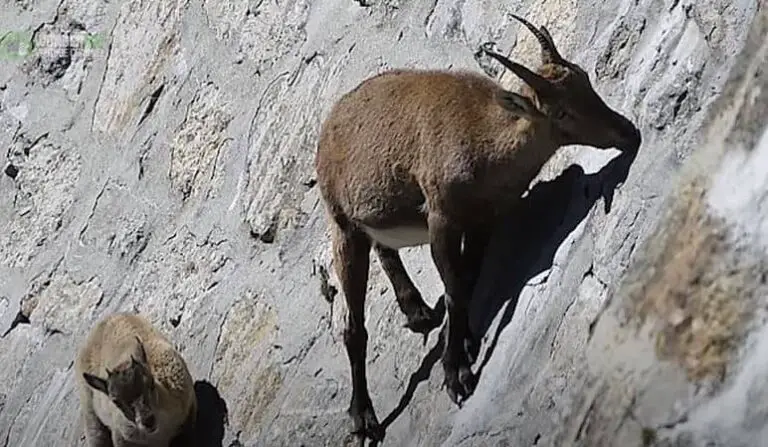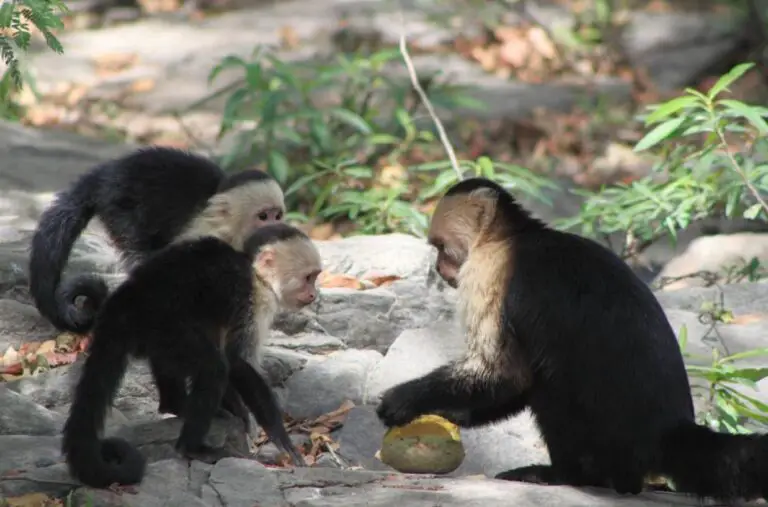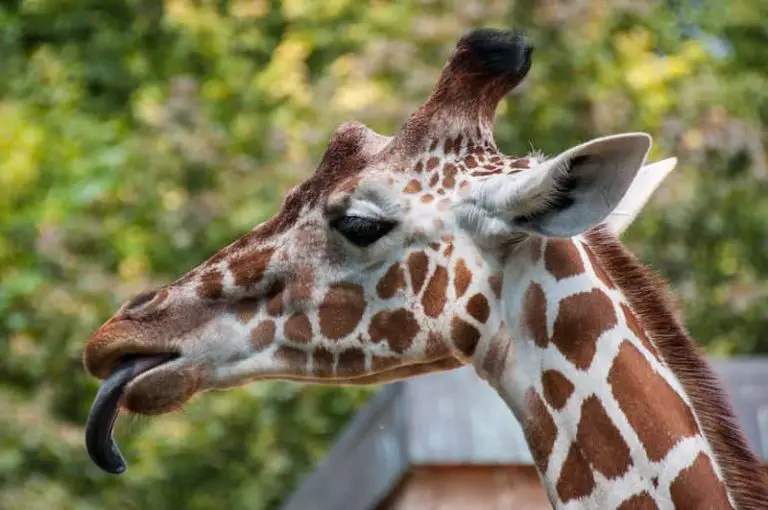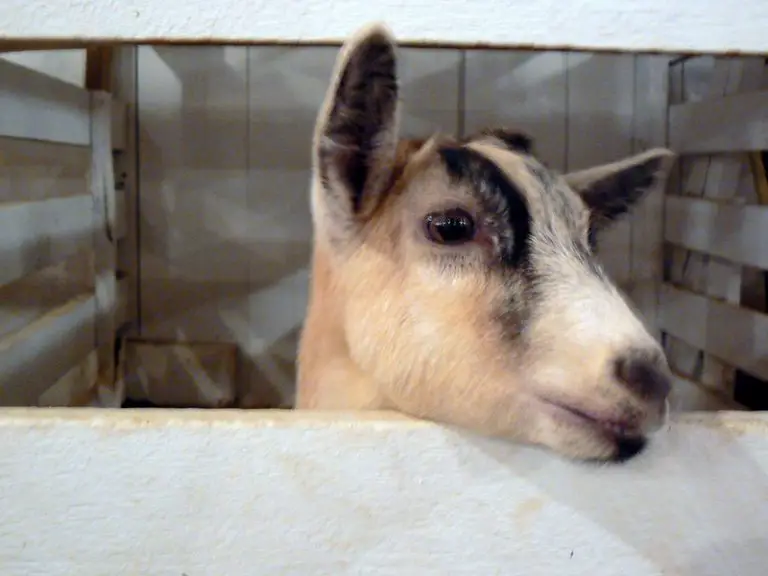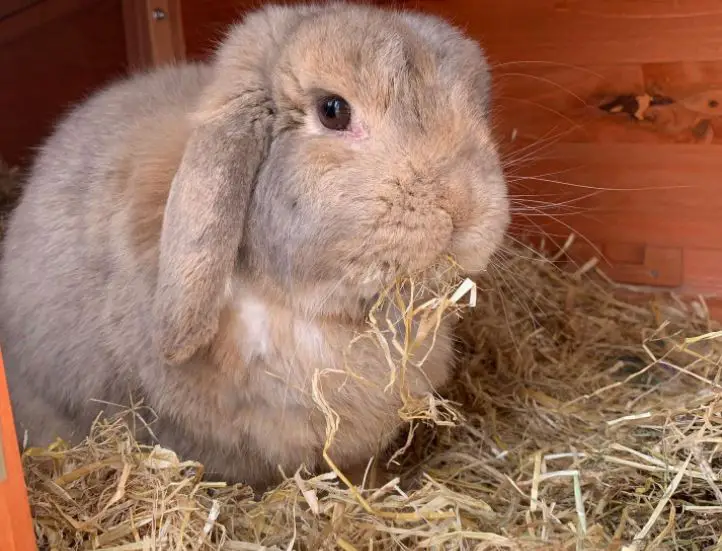11 Plants Poisonous to Goats (With Pictures)
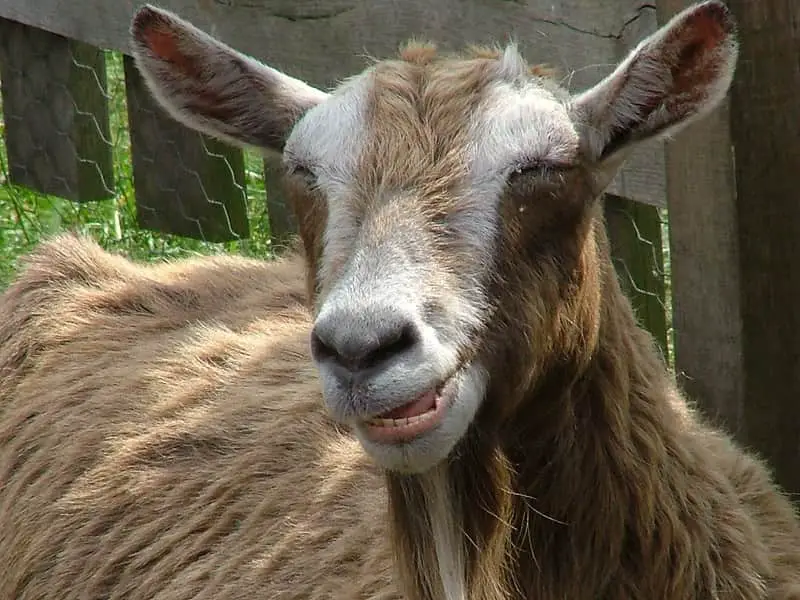
11 Plants Poisonous to Goats
There are many plants that are toxic to plants, in various categories, some toxic plants goats can tolerate and are even for daily human consumption, but there are other plants that are highly toxic and may be unknown to most people with the naked eye.
That is why I am doing this research on the plants that could be toxic to goats and include photos for your recognition.
The toxic effect of these plants can be applied to most animals in general, not just goats.
To see the pictures in a bigger size you can click on them.
Columbine Flowers
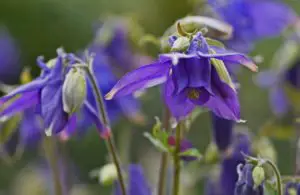
Toxic to animals:
The columbine contains the poison magnoflorin and a glycoside that forms hydrogen cyanide.
Even after consuming 20 g of the fresh leaves, you may experience shortness of breath, heart problems and cramps, but the symptoms will subside quickly. The toxins also cause skin irritation and blistering.
It is a plant that is toxic to animals including goats.
Rhododendron ferrugineum (Alpenrose)

Highly Toxic
Poisonous
for animals: Alpine roses are poisonous for cattle and cows, especially goats, sheep, donkeys, dogs, guinea pigs and tortoises. Vomiting, salivation, irritation and pain in the stomach and intestines, diarrhea, low pulse occur.
The heart’s activity slows down. This is followed by symptoms of paralysis, the animals tremble and have convulsions. Breathing slows down until death from respiratory paralysis can occur.
Avocado
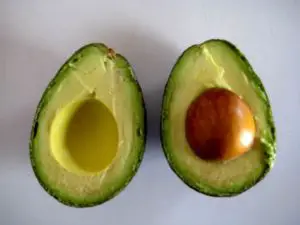
Toxic to animals:
However, the pulp and the kernel of the avocado (ingredient persin) have a very strong toxic effect on horses, cattle, goats, sheep, dogs and cats, rabbits, rabbits, rats and mice, guinea pigs, hamsters, fish and birds .
Fatal poisoning is not uncommon in birds and other smaller animals. The signs of poisoning are shortness of breath, coughing, increased pulse rate, water retention in the subcutaneous tissue, especially on the neck and lower abdomen, ascites and signs of an enlarged heart. Poisoning cannot be treated.
Almond Tree (bitter almond)
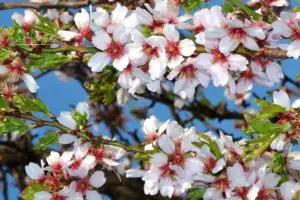
Highly Toxic
Toxic to animals:
Absolutely unsuitable as food for all animals and certainly deadly poisonous for many animal species.
Bitter almonds are poisonous because they contain the glycoside amygdalin, which is split into hydrogen cyanide by an enzyme and stomach acid.
Yew
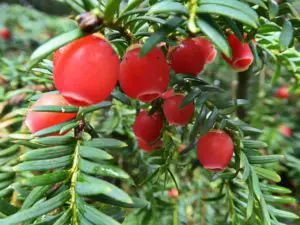
Highly Toxic
Toxic to animals :
The yew tree is fatally toxic to horses, cattle and cows, sheep, goats, pigs, cats and dogs, hares, rabbits, hamsters, guinea pigs, rats, mice and birds.
Symptoms of poisoning are salivation, the animals have foam at the mouth, severe inflammation of the stomach and intestines, cramps, diarrhea or constipation, furthermore cystitis combined with initially strong, later reduced urination, stumbling, cardiac and circulatory collapse and respiratory paralysis.
Golden oats
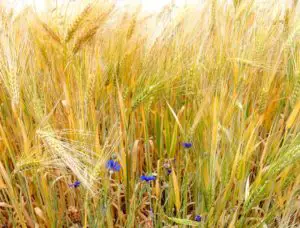
Toxic to animals :
If horses, cattle and cows, pigs, sheep or goats eat too much gold oats, there is an excess of vitamin D3, which means that too much calcium phosphate is deposited. The animals become apathetic, reluctant to move, stumbling, swelling and thus sensitivity to pain in the flexion of the forehand as well as hardening of the leg artery.
Thuja Tree
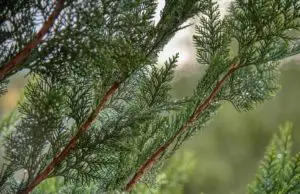
Toxic to animals :
Arborvitae is toxic to horses, cattle and cows, sheep, pigs, goats, dogs and cats, hares, rabbits, guinea pigs, hamsters, etc. and also to birds. Horses are the most sensitive of large animals.
Poisoning is manifested by the stomach and intestinal problems, cramps, changes in the liver and kidneys, combined with increased urine volume but less urine excretion.
Ricinus
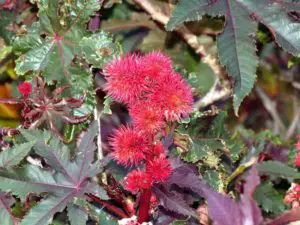
Toxic to animals:
Castor oil is poisonous for horses, cattle and cows, sheep, pigs, goats, dogs and cats, rabbits, rabbits, hamsters, guinea pigs, birds, chickens, and geese.
The symptoms of poisoning are salivation, irritation of the mucous membranes, stomach and intestinal inflammation with sometimes severe diarrhea, dizziness, rise in body temperature, muscle twitching, cramps, inflammation of the kidneys with a strong urge to urinate, breakdown of red blood cells and liver damage.
Juniperus sabina
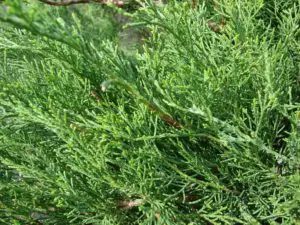
Toxic to animals :
The Sade tree is particularly toxic to cattle and cows, sheep, goats, dogs and cats, hares and rabbits and birds. The plant is also poisonous for horses; quantities over 360 g are considered toxic.
Poisoning manifests itself in the stomach and intestinal complaints with cramps, flatulence and diarrhea, kidney inflammation and central nervous paralysis.
Fennel
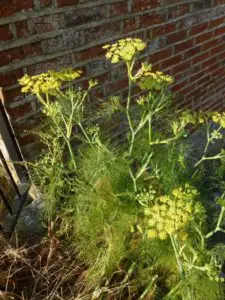
Highly Toxic
Toxic to animals :
Water fennel is toxic to horses, cattle and cows, pigs and goats. Symptoms of poisoning are dilated pupils, salivation, gastrointestinal complaints, constipation, excitement, tremors and increased breathing and heart rates.
Iris

Poisonous to animals :
Irises are poisonous for horses, cattle and cows, for sheep, goats, dogs as well as for hares and rabbits, guinea pigs, and hamsters. Poisoning leads to severe irritation of the mucous membranes, difficulty swallowing, salivation, gastrointestinal problems and sometimes bloody diarrhea.

